Understanding the Impact of Dog Pee on Grass
As a loving dog owner, it's natural to be concerned about the impact your furry friend may have on your lush green lawn. One common question that arises is, "Will dog pee kill grass?" Let's delve into this topic to gain a better understanding.
The Composition of Dog Urine
Dog urine contains various compounds, including nitrogen, which can be both beneficial and harmful to grass depending on the concentration. Nitrogen, in moderate amounts, acts as a fertilizer, promoting healthy grass growth. However, when urine is concentrated in one spot, it can burn the grass, resulting in unsightly brown spots.
Factors Influencing Grass Damage
Several factors influence the extent of grass damage caused by dog urine. The size of the dog, frequency of urination, and the dog's diet all play a role. Additionally, female dogs can also cause grass damage, dispelling the misconception that only male dogs are responsible.
Common Concerns and Misconceptions
Myth: Female Dog Pee Is Less Harmful
Contrary to popular belief, female dog urine can be just as damaging to grass as male dog urine. While it's true that female dogs typically urinate in smaller quantities and may squat rather than lift a leg, the concentration of nitrogen in their urine can still cause grass burns.
Myth: Only Large Dogs Cause Damage
The size of the dog does not necessarily correlate with the extent of grass damage. Even small breeds can cause significant harm if they frequently urinate in the same area.
Signs of Grass Damage
Brown Spots and Yellow Patches
One of the most apparent signs of grass damage from dog urine is the presence of brown spots or yellow patches in your lawn. These areas may appear dry and dead compared to the surrounding grass.
Changes in Grass Texture
In addition to discoloration, you may notice changes in the texture of the grass where your dog frequently urinates. The grass may become thin and brittle, making it more susceptible to further damage.
Preventive Measures for Protecting Your Grass
Adequate Hydration for Your Dog
Encouraging your dog to drink plenty of water can help dilute the concentration of urine, reducing its harmful effects on your lawn. Ensure that clean, fresh water is readily available at all times.
Diluting Urine with Water
After your dog urinates, immediately watering the area can help dilute the urine and minimize its impact on the grass. Keep a watering can or hose nearby for easy access.
Landscaping Solutions
Designating Specific Potty Areas
Training your dog to use a designated potty area, such as gravel or mulch, can help protect your grass from urine damage. Be consistent with training and reward your dog for using the designated area.
Alternatives to Traditional Grass
Consider incorporating alternative ground coverings, such as artificial turf or clover, in areas where your dog frequently urinates. These options are more resistant to urine damage and can help maintain a beautiful lawn.
Grass Repair and Restoration
Seeding and Reseeding Techniques
If your grass has already been damaged by dog urine, seeding or reseeding the affected areas can promote new growth and restore the appearance of your lawn. Choose grass varieties that are more tolerant of urine damage.
Soil Amendments and Fertilizers
Applying soil amendments and fertilizers can help replenish nutrients lost due to urine damage and improve the overall health of your lawn. Look for products specifically designed to repair grass damaged by pet urine.
Natural Remedies to Combat Urine Damage
pH-Neutralizing Solutions
pH-neutralizing solutions, such as baking soda or gypsum, can help counteract the acidity of dog urine and prevent grass burns. Apply these solutions to affected areas according to package instructions.
Calcium Supplements for Soil Health
Adding calcium supplements to your soil can help neutralize the effects of nitrogen in dog urine and promote healthy grass growth. Consider incorporating crushed eggshells or limestone into your lawn care routine.
Maintaining a Healthy Lawn
Regular Watering and Lawn Care
Maintaining a consistent watering schedule and practicing proper lawn care techniques, such as mowing and aerating, can help keep your grass healthy and resilient against urine damage.
Monitoring Your Dog's Pee Habits
Pay attention to your dog's urination habits and take proactive measures to prevent concentrated urine from causing damage to your lawn. Encourage your dog to urinate in different areas of the yard to distribute the impact.
Conclusion
While dog urine can pose challenges for maintaining a pristine lawn, there are various strategies you can employ to minimize its impact and promote grass health. By understanding the factors contributing to urine damage and implementing preventive measures, you can enjoy a beautiful lawn while keeping your furry companion happy.
FAQs
-
Q: Can I train my dog to stop urinating on the grass? A: While you can train your dog to use a designated potty area, it may be challenging to completely eliminate urination on the grass.
-
Q: Will changing my dog's diet reduce the damage to my lawn? A: Adjusting your dog's diet may help reduce the concentration of nitrogen in their urine, but it's unlikely to completely eliminate grass damage.
-
Q: Are there any grass varieties that are more resistant to urine damage? A: Some grass varieties, such as fescue and ryegrass, are more tolerant of urine damage than others and may be suitable for lawns with dogs.
-
Q: How often should I water the areas where my dog urinates? A: Immediately watering the area after your dog urinates can help dilute the urine and minimize its impact on the grass.
-
Q: Are there any natural remedies I can use to repair grass damaged by dog urine? A: pH-neutralizing solutions and calcium supplements can help counteract the effects of urine damage and promote grass recovery.


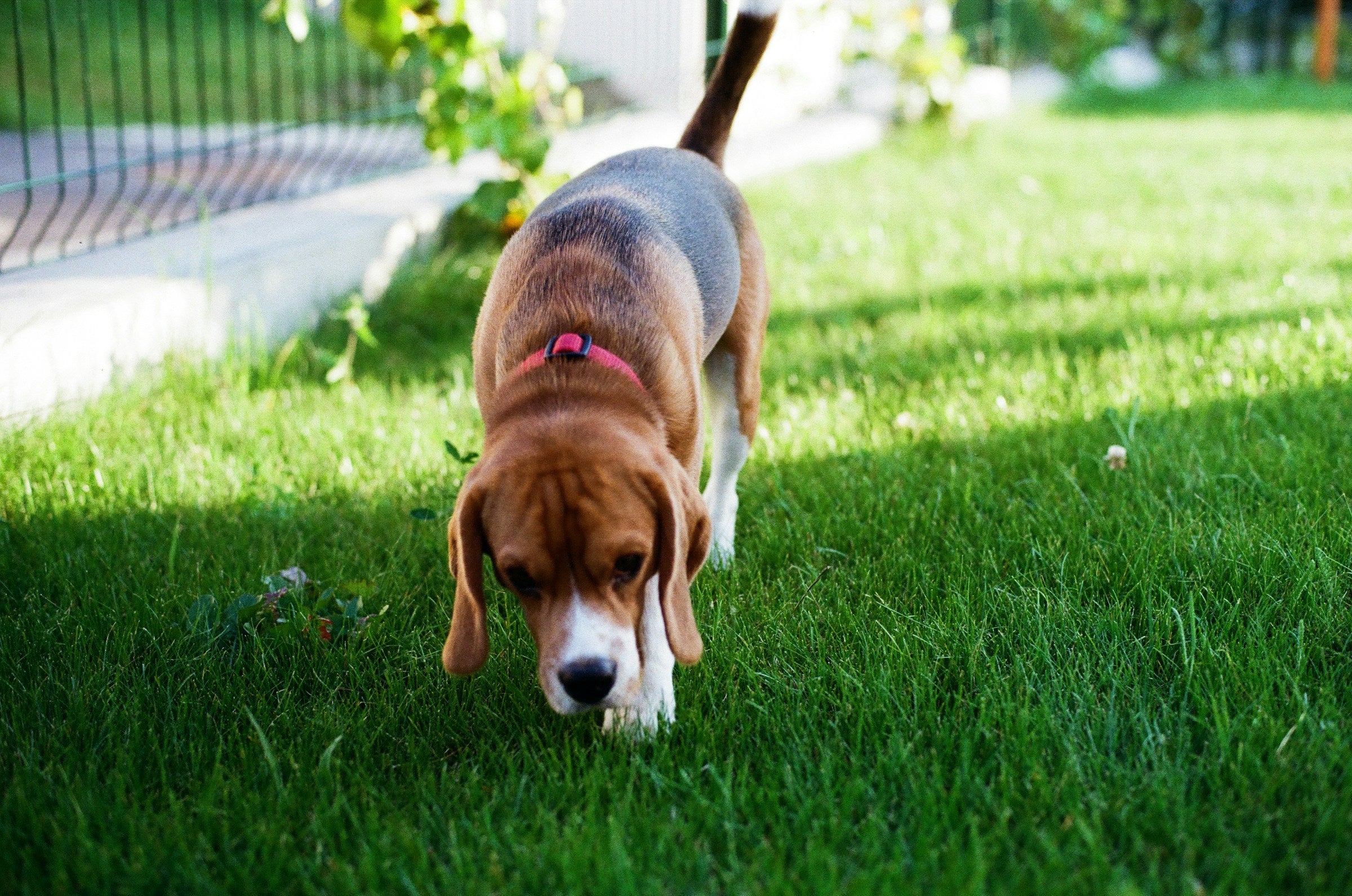

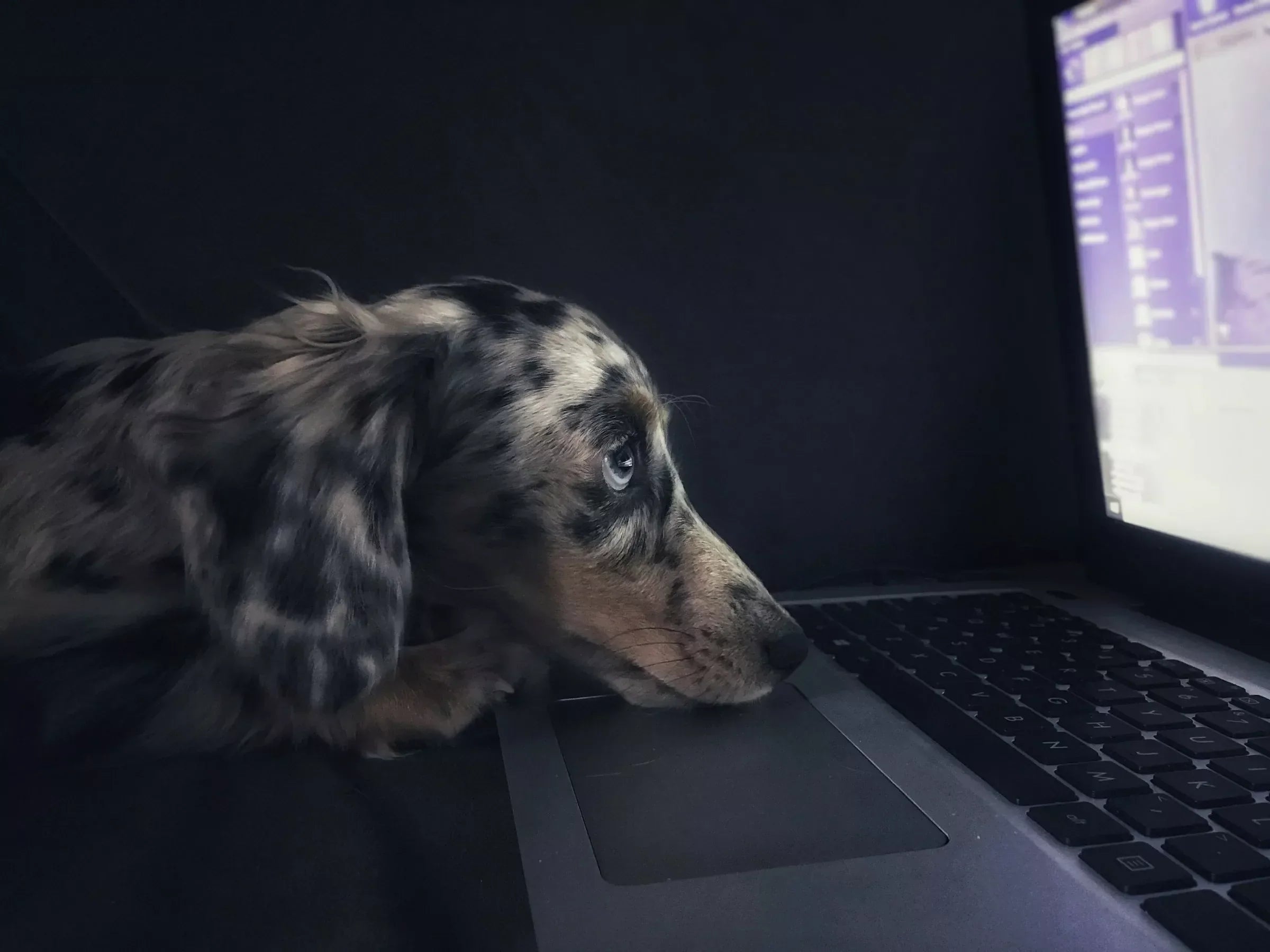

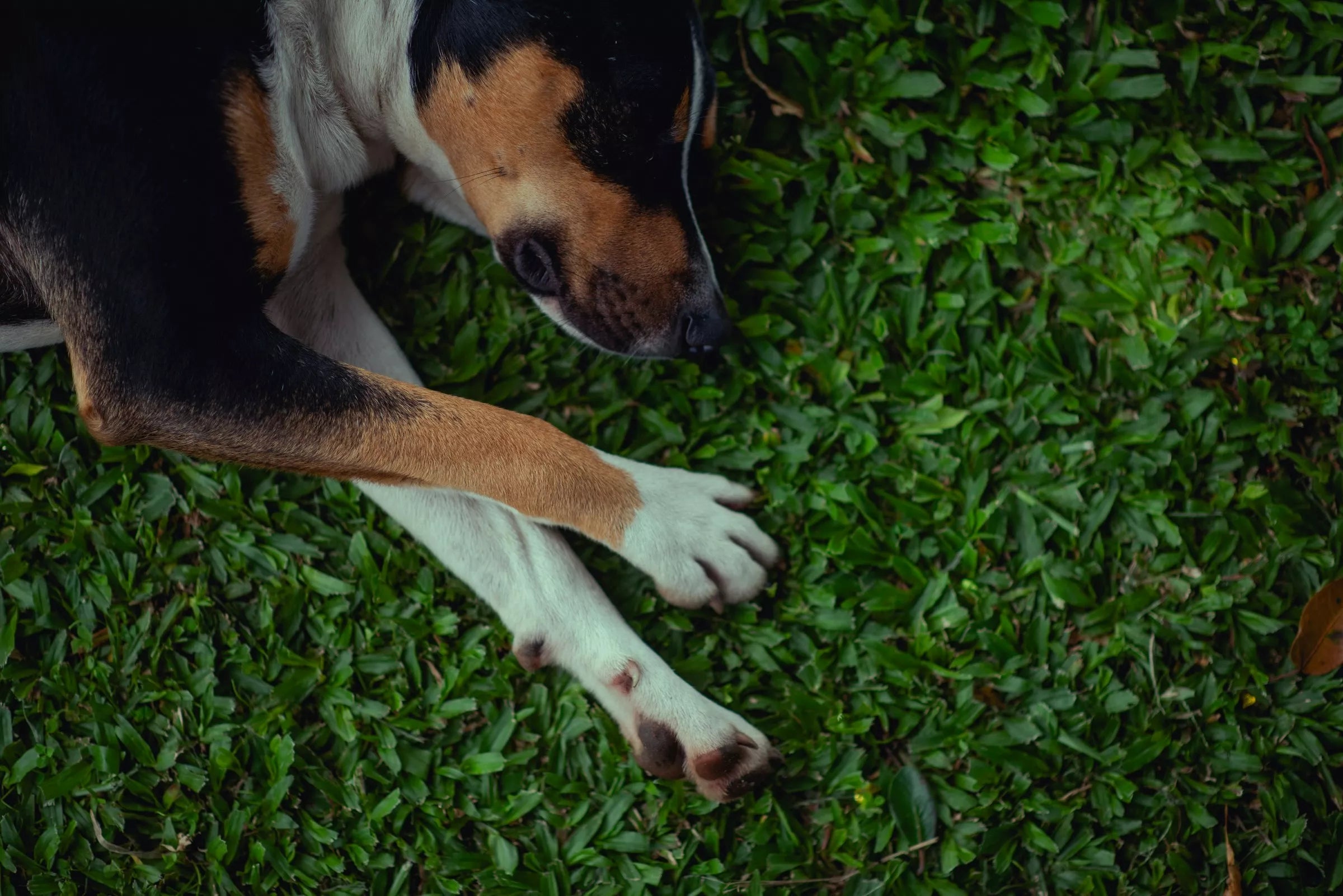
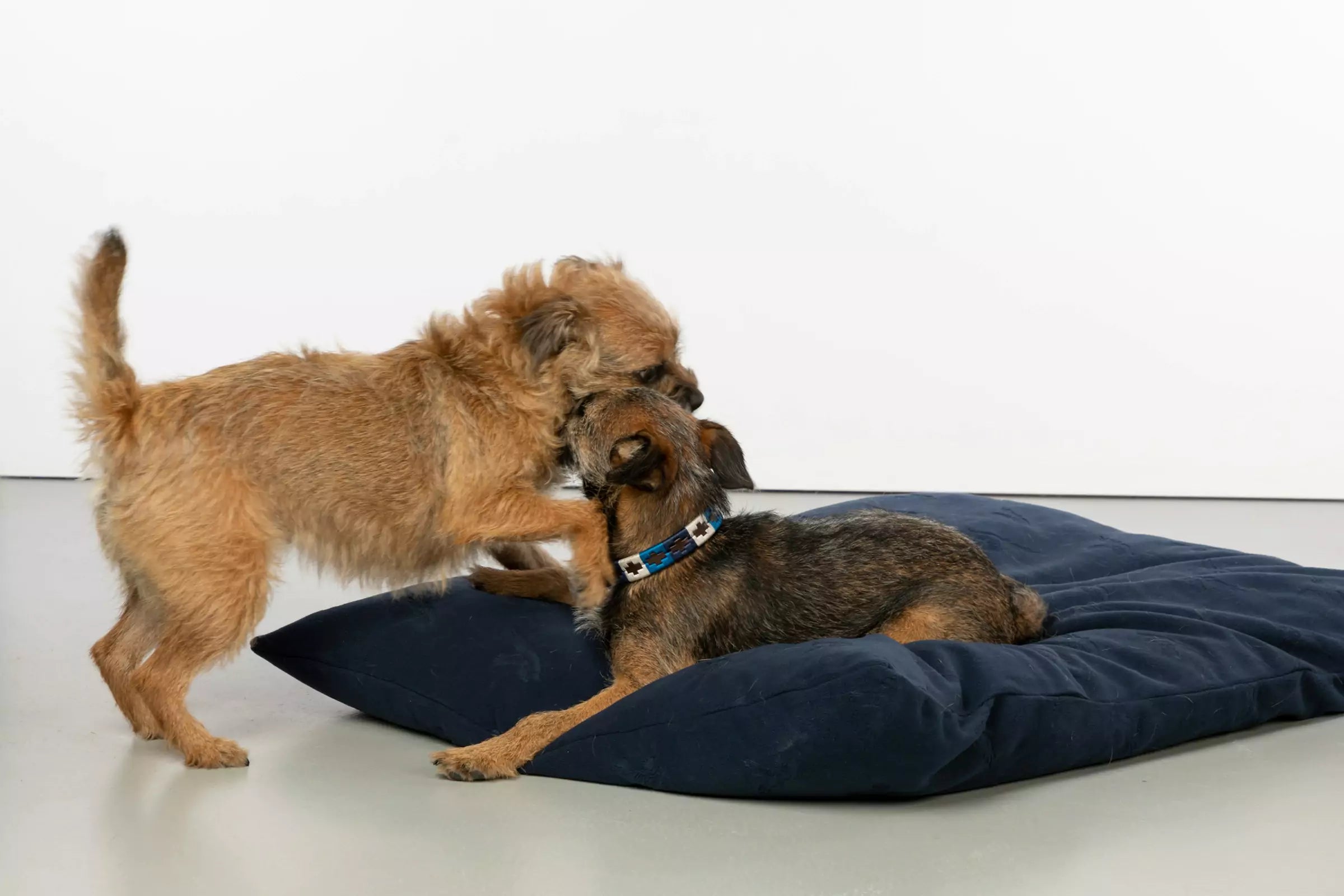
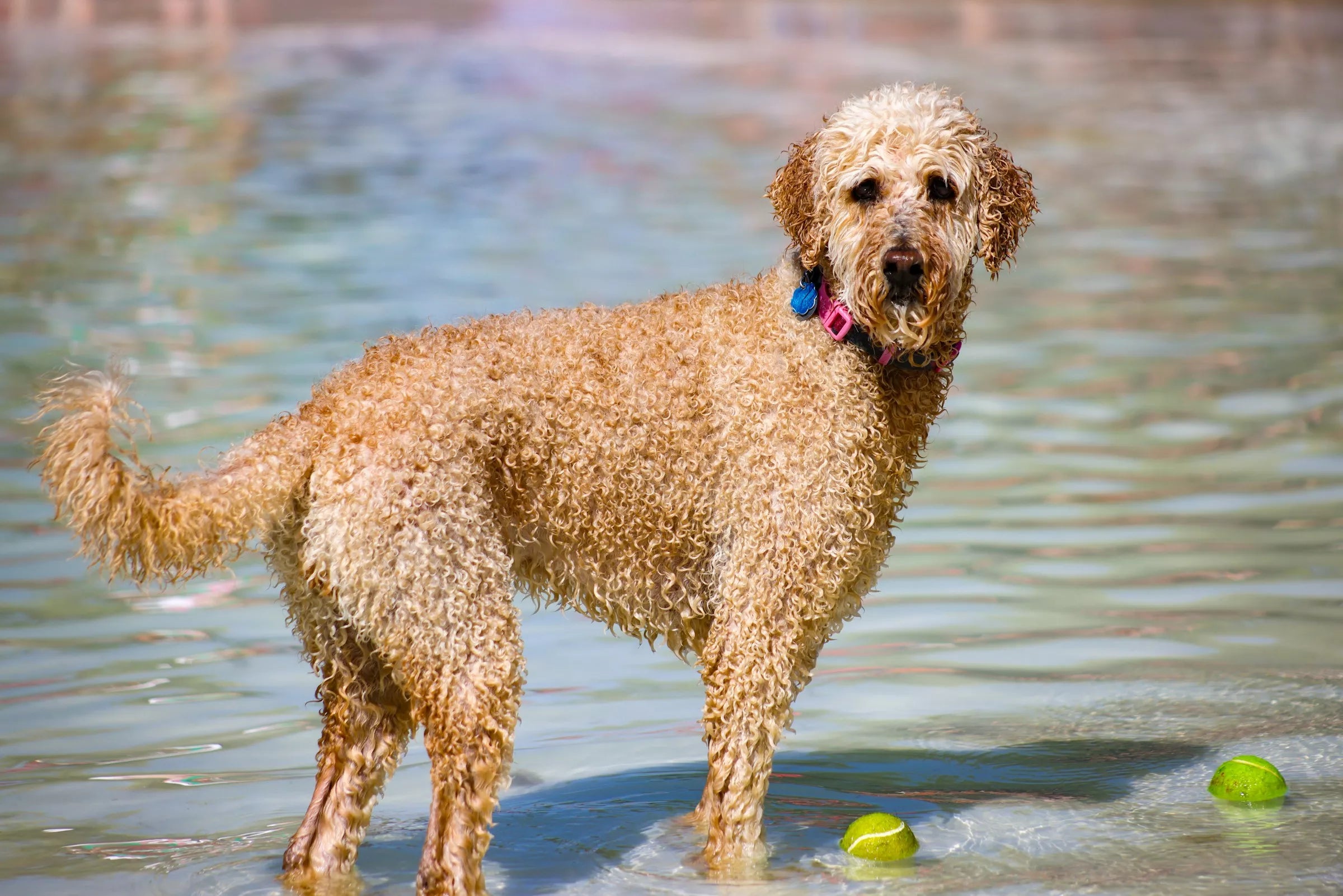






Share:
Where Is a Dog's Heart?
Best Dog Breeds For Apartment Living